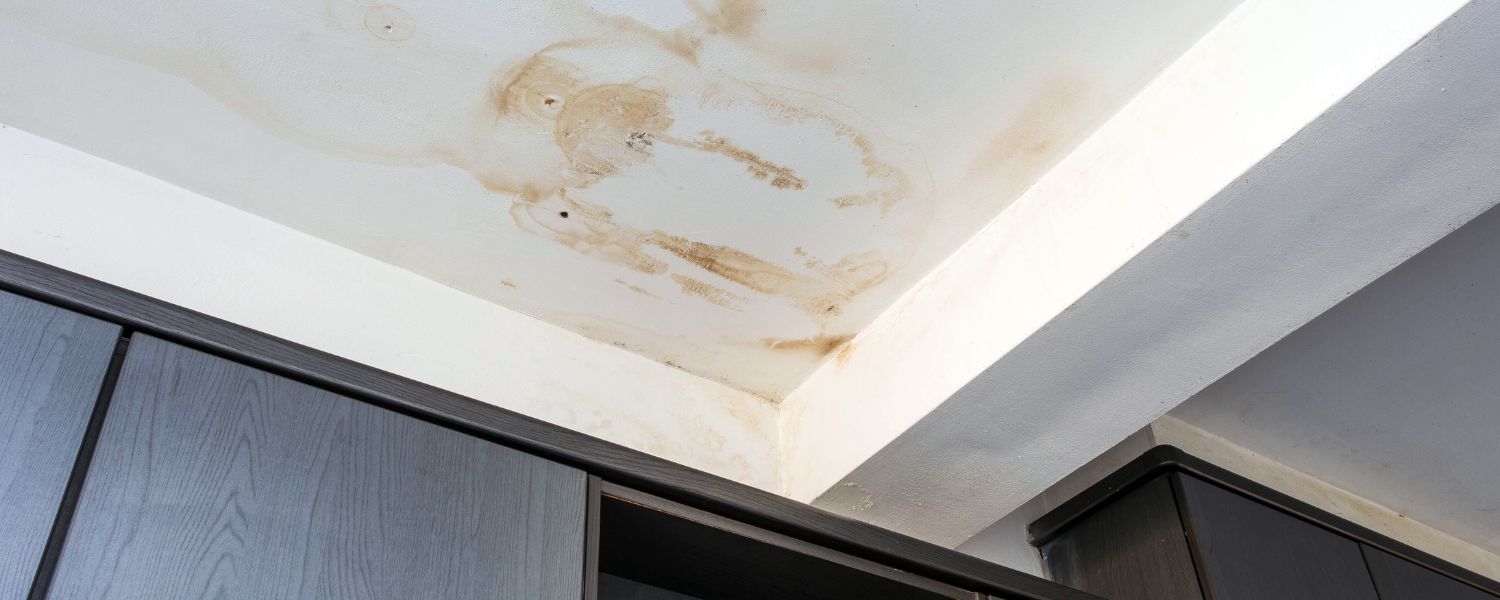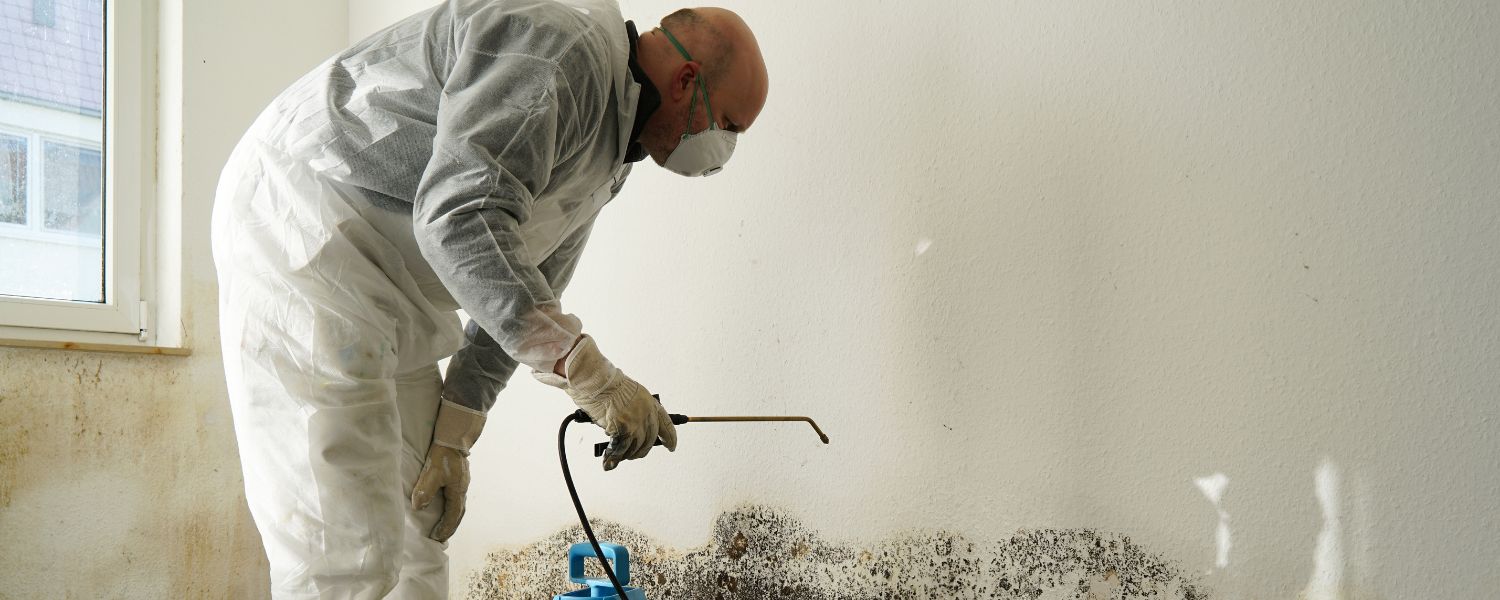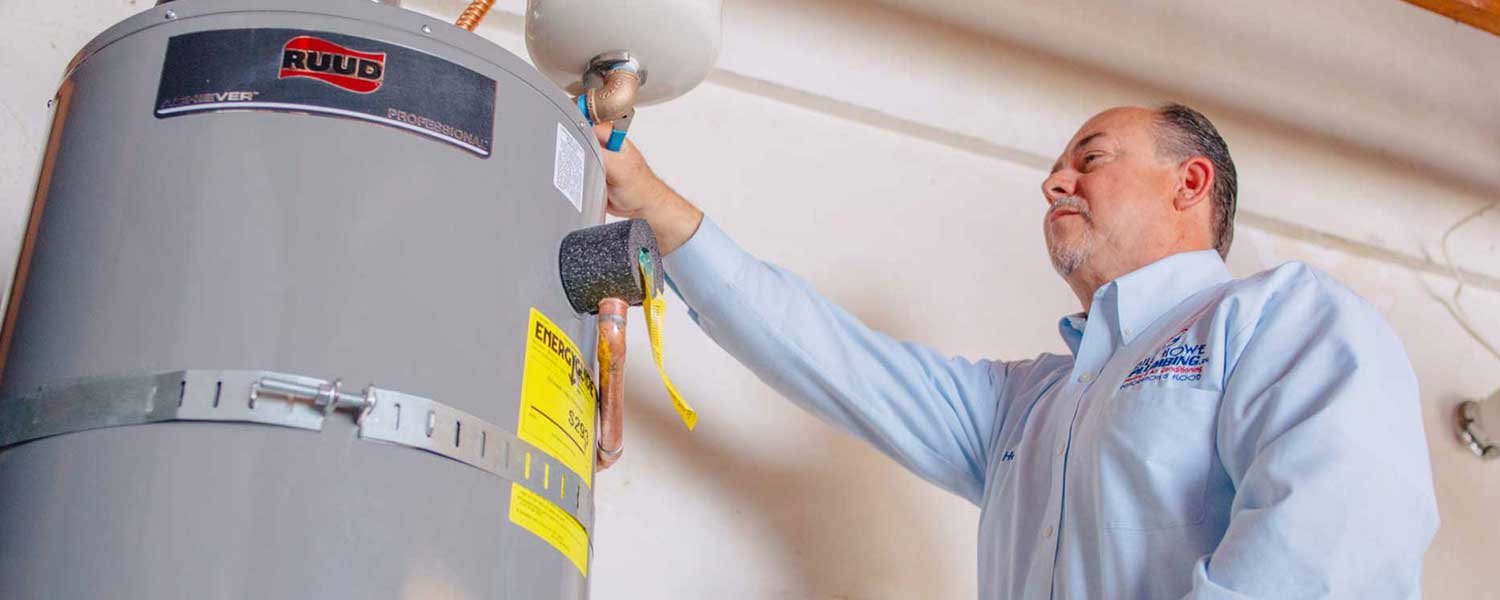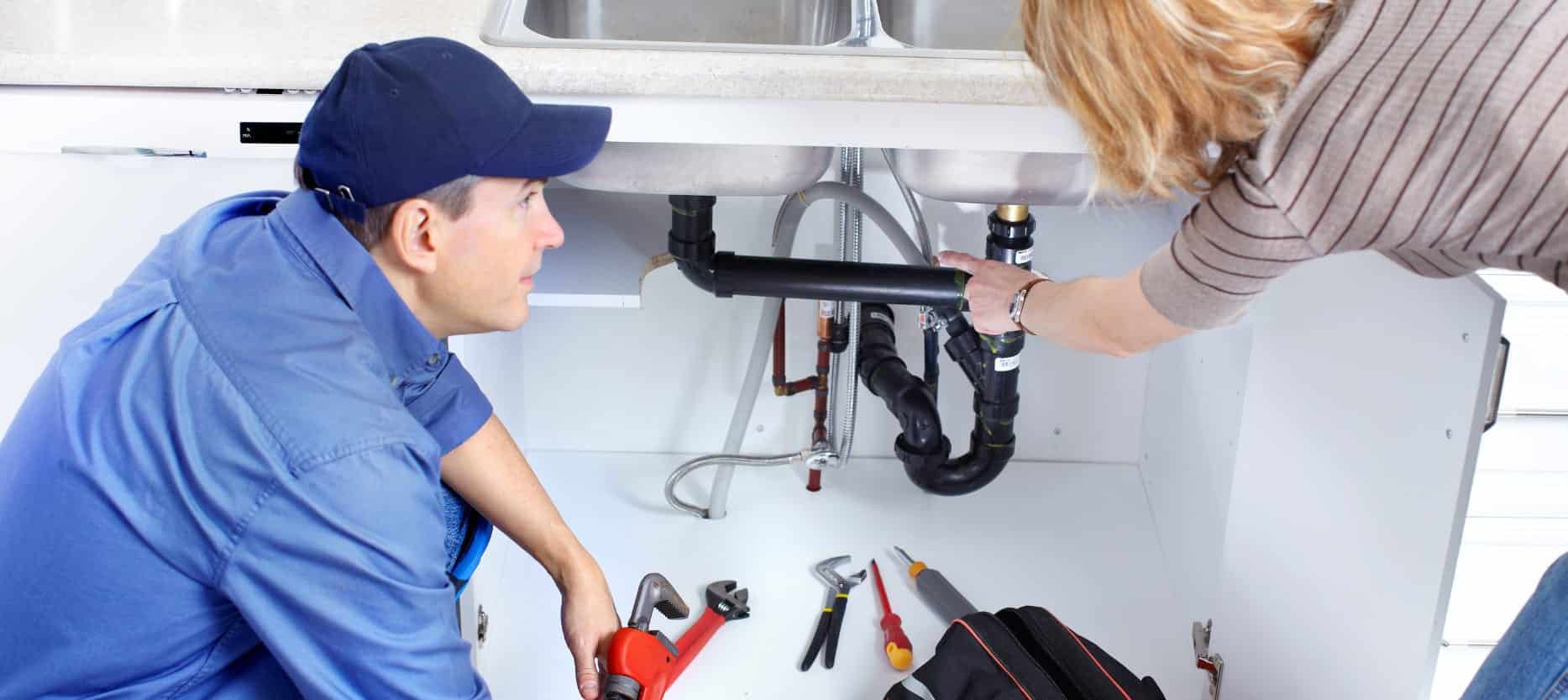Picture this: You’ve come home after a long day at work, and look forward to that well-deserved relaxation. But there’s a strange smell in the air. It’s not the garbage; you took that out before you left. The odor gets more prominent as you walk around, leaving you scratching your head.
Could it be mold or mildew? You’ve heard stories about mold and what it comes with—the ugly color, spores, and a host of other problems. But what does mold smell like? We’ll discuss everything you need to know about it below.
Is There a Difference Between Mold and Mildew?
Before we begin, it’s essential to differentiate between mold and mildew. Although the terms are often used interchangeably, there are some slight differences between them.
Mold is a fungus that can grow on just about any surface, such as bread sitting out for too long or the side of your bathtub. It’s usually black or green. Mildew, on the other hand, is primarily found on plants, paper, or wood. Its growth is flat and comes in various colors, such as white, yellow, or gray.
What Does Mold and Mildew Smell Like?
Mold and mildew can emit similar musty odors, but the specific smell can vary depending on factors like the type of mold and where it’s growing. Mold tends to have a stronger, pungent odor, often described as damp or rotting, while mildew has a lighter, more surface-level musty smell. However, distinguishing between the two based solely on smell can be challenging for many people. In any case, if you detect a musty odor in your home or environment, it’s essential to investigate further for the presence of mold or mildew and address the issue promptly to prevent health issues and property damage.
What Causes Mold and Mildew to Grow?
If there’s a musty smell in the house and the issue is mold and mildew, you may wonder how it got there. Unfortunately, both of these contaminants only need a small opportunity to grow. For example, mold or mildew can start growing even if there’s a small leak in your home’s walls for an extended period. Growing mold releases spores that could affect your indoor air quality. It may also result in some physical discomfort for you or your family.
So it’s essential to inspect sections of your home for signs of mold growth, such as:
Bathroom
Check your bathroom often since it’s frequently wet. Mold can grow in the bathtub, on shower handles, floor and wall tiles, in the toilet, under sinks, and in medicine cabinets.
Kitchen
The kitchen is another area of your home where mold and mildew occur frequently because of the high humidity associated with cooking. Check under the kitchen sink, in cabinets, and behind appliances periodically.
Dishwashers are a common site for mold to make itself at home. It’s a good idea to clean your dishwasher periodically and check for signs of mold or mildew growth.
Let’s not forget about the refrigerator. So often, people forget about food in the fridge, resulting in mold growth and affecting other items. Clear old foods out of the refrigerator frequently to eliminate the possibility. Also, make sure to check your drip tray. Since it holds excess water, mold can grow there, too.
Garage or Attic
If you’ve ever thought your house smells musty, it could come from one of these areas. Some house sections are storage spaces or hold the property’s ventilation system. Sometimes, unit leaks or temperature and humidity changes can affect the items in storage leading to possible mold and mildew growth.
Frequently check the items in storage to see if they need to be cleaned or tossed. If your HVAC system is in one of these areas, look at it occasionally to ensure it isn’t leaking from wear and tear. If you do find any moisture around your HVAC equipment, you can call us for that, too!
The Effect of Mold and Mildew on Your Health
Besides the annoying smell that makes you wonder, “Why does my house smell musty,” leaving mold and mildew unattended for too long can affect your health. According to the Centers for Disease Control and Prevention (CDC), mold exposure can affect people in various ways, depending on the amount of exposure and existing health factors.
If you have a respiratory condition like asthma you may be more sensitive to the spores released into the air. However, anyone can be affected by mold and can face discomforts such as:
- Stuffy nose
- Itchy eyes or skin
- Difficulty breathing
- Other respiratory issues
Others can also experience severe reactions, such as a fever or shortness of breath. So, to avoid these, remove mold from your home at all costs.
Removing Mold From Your Property
Taking on a mold infestation yourself may not always yield the best results, as you could inadvertently cause more harm than good. Consulting a professional before attempting any DIY mold removal is highly advisable. Swift remediation is crucial upon discovering mold to prevent the infestation from spreading further.
Benefits of using a Bill Howe professional include:
- Thorough Inspection: Our team conducts detailed inspections, uncovering hidden issues in plumbing or HVAC systems that contribute to persistent mold problems.
- Proper Equipment and Techniques: Mold removal experts use specialized equipment and industry-approved techniques for safe and effective removal, ensuring a comprehensive solution.
- Prevention of Future Issues: Beyond removing existing mold, professionals provide recommendations to prevent future occurrences by addressing root causes, such as leaks.
- Health and Safety: Trained experts use personal protective equipment (PPE) and eco-friendly methods, minimizing health risks for you and your family.
- Efficiency and Convenience: Hiring professionals saves time and effort, allowing you to focus on other priorities without the hassle of DIY trial and error.
- Peace of Mind: Knowing experienced professionals are handling mold removal provides peace of mind, ensuring a reliable and lasting result.
For hassle-free mold removal and plumbing expertise, book with Bill Howe now.
Contact Bill Howe for Mold Removal and Remediation Services Today
With Bill Howe, we grasp the diverse issues that may arise from your plumbing or HVAC systems, including mold concerns, and their effects on your home. As a local, family-run establishment, we specialize in delivering a broad spectrum of services to uphold the efficient operation of your household.
Don’t wait until plumbing problems escalate or mold becomes a serious issue. Book with Bill Howe now and let us handle all your plumbing, mold remediation, and HVAC needs, so you can enjoy peace of mind in your home. Schedule today!




